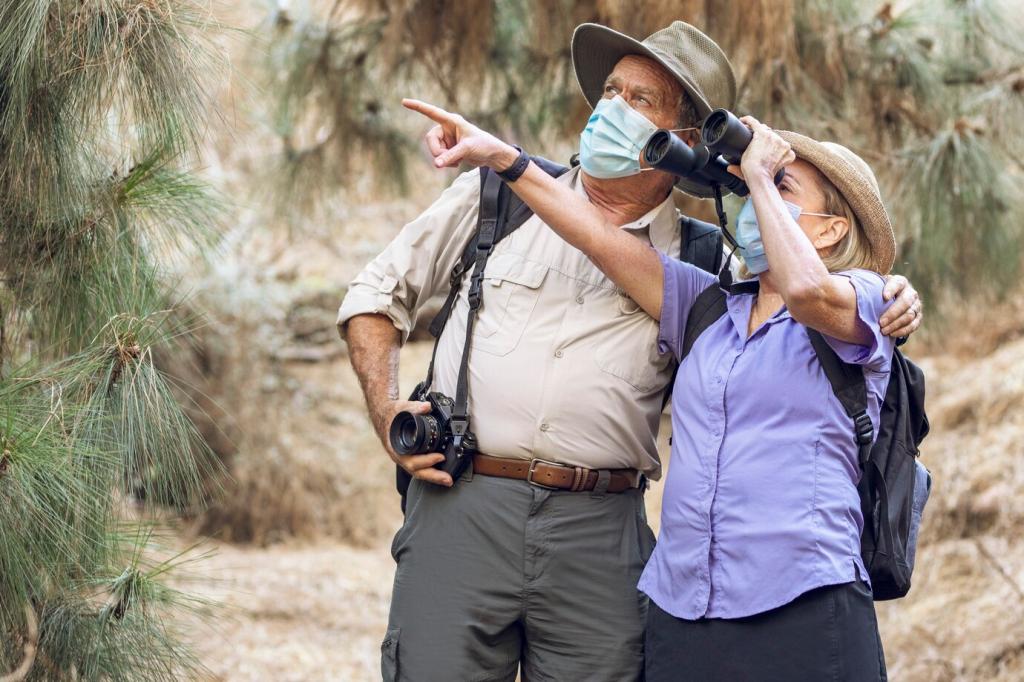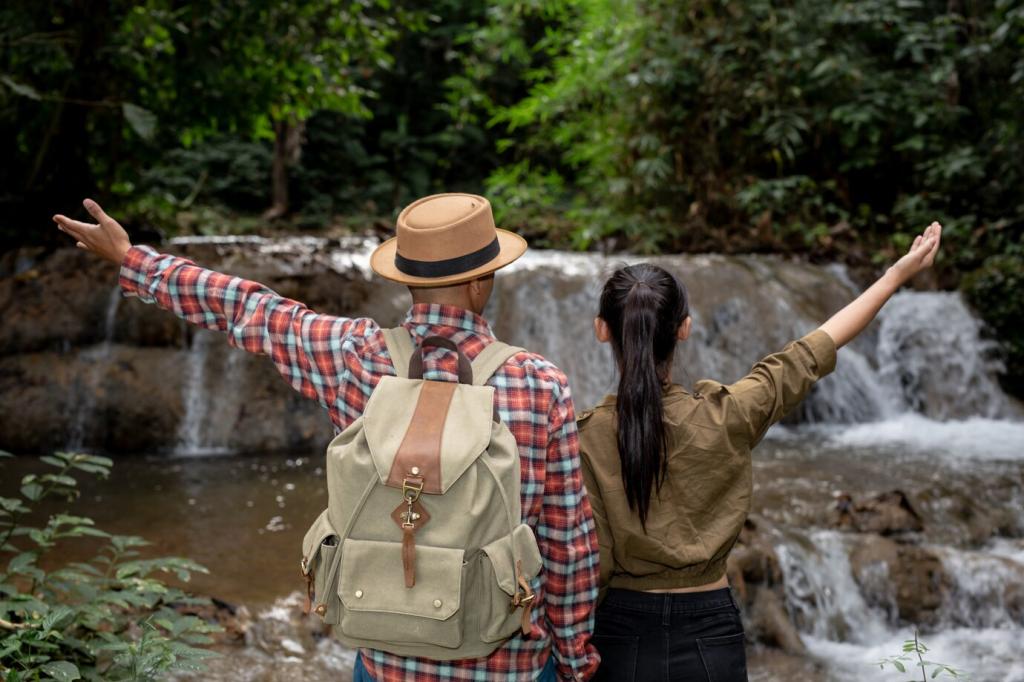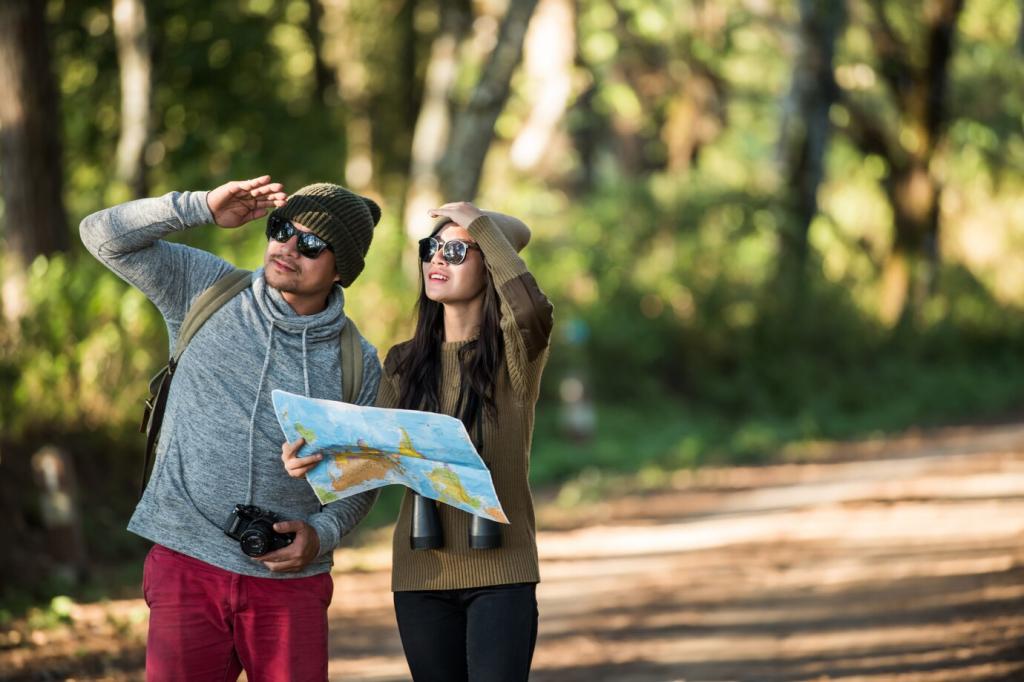Why Eco-Friendly Cultural Tours Matter
Choosing trains over planes, walking historic quarters, and staying longer in fewer places dramatically cuts emissions while revealing deeper stories. Slow itineraries replace checklist photos with conversations, shared meals, and moments that echo long after tickets are tucked away.
Why Eco-Friendly Cultural Tours Matter
Cultures are not museum exhibits; they are neighbors with voices. Ask permission before photos, learn greetings, and pay fairly for time and teaching. Share your favorite respect tip in the comments to help fellow travelers make kinder choices.






